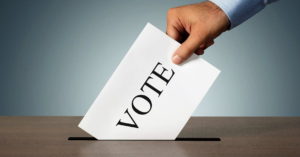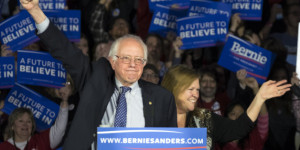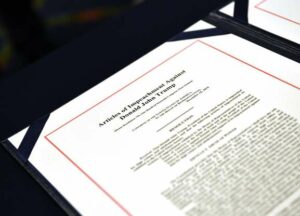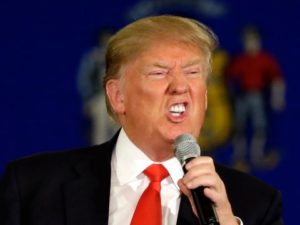It seems like just the other day. I was a young newly married man, recently separated from the Army, attending college and working on a political campaign in which I would be able for the first time ever be able to cast a vote for the candidate for president of my choice.
On Nov. 7, 1972, I voted for George McGovern and then went home to watch the returns come in. Then, just minutes after the polls closed back east, the networks called the winner of the presidential contest.
It was not Sen. McGovern!
I … was … crushed. Fifty years later, I remain keenly interested in politics and I await the next round of elections set to occur in about 24 hours.
In those days I took my politics seriously, even more so than I do now. The decades that have gone by have taught me a lesson or two about politics. One is that no matter how hard one works to win a contest, the sun will rise the next morning and the days will go on as if nothing happened at the ballot box.
The other thing is that I rarely see issues in stark colors. I have learned to accept a lot of gray shades in virtually every issue under discussion.
However, I still take voting seriously. So much so that I refuse to vote early, preferring to wait until Election Day. I actually prefer the pageantry, if I could use that term, associated with waiting in line at the polling place.
This election is, shall we say, a big fu**ing deal!
Politicians and pundits ascribe monumental consequences to every election, be it a presidential event or a midterm election, such as the one about to occur. This midterm well might be the most critical such event in my lifetime.
Joe Biden himself has said that “democracy is on the ballot.” I accept that description.
If it goes badly when the ballots are counted, I likely won’t be as heartbroken as I was 50 years ago when my guy, Sen. McGovern, lost 49 of 50 states. It would hurt, but the sun — as we all know — will rise in the east the next morning.




